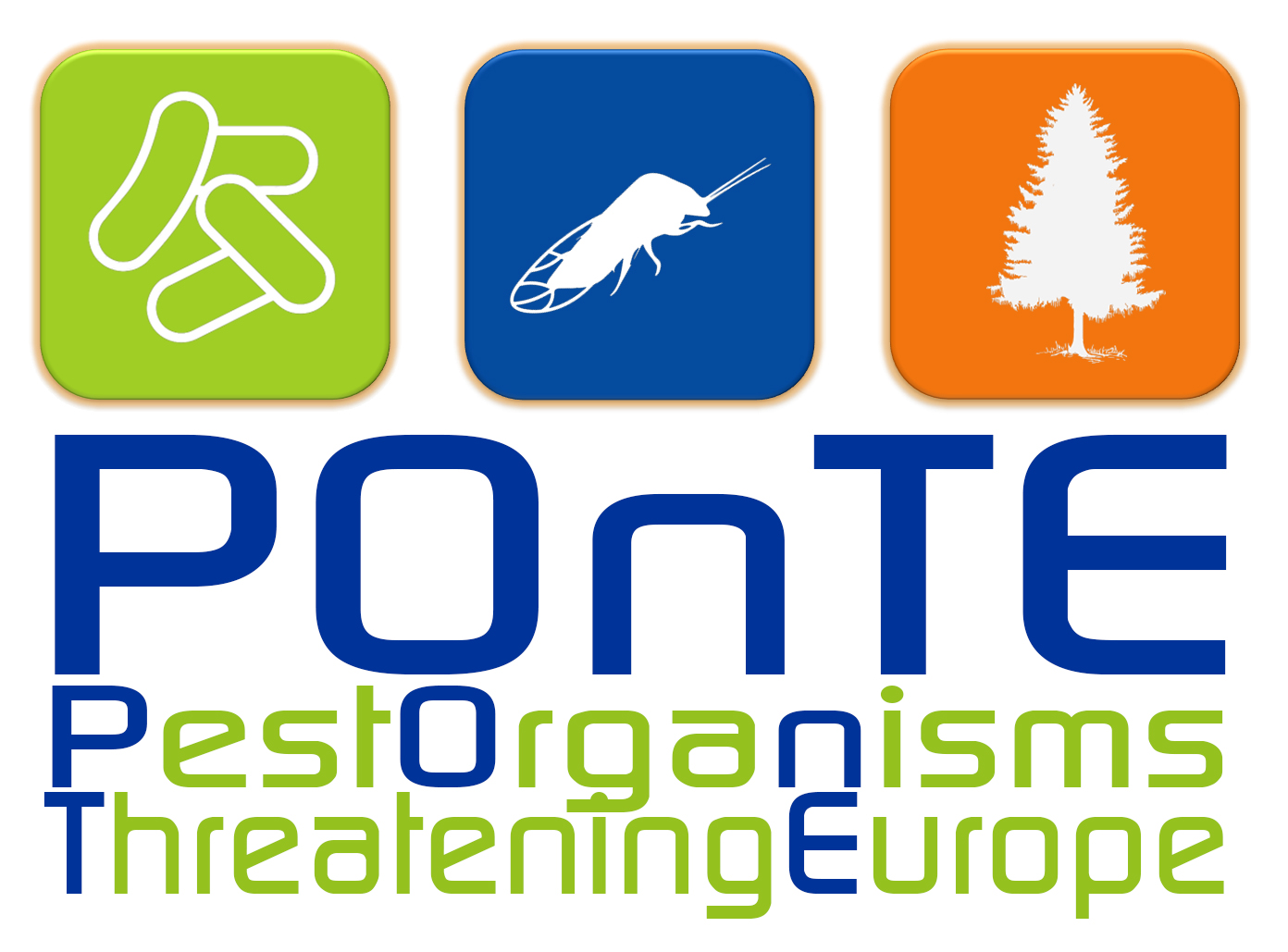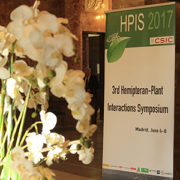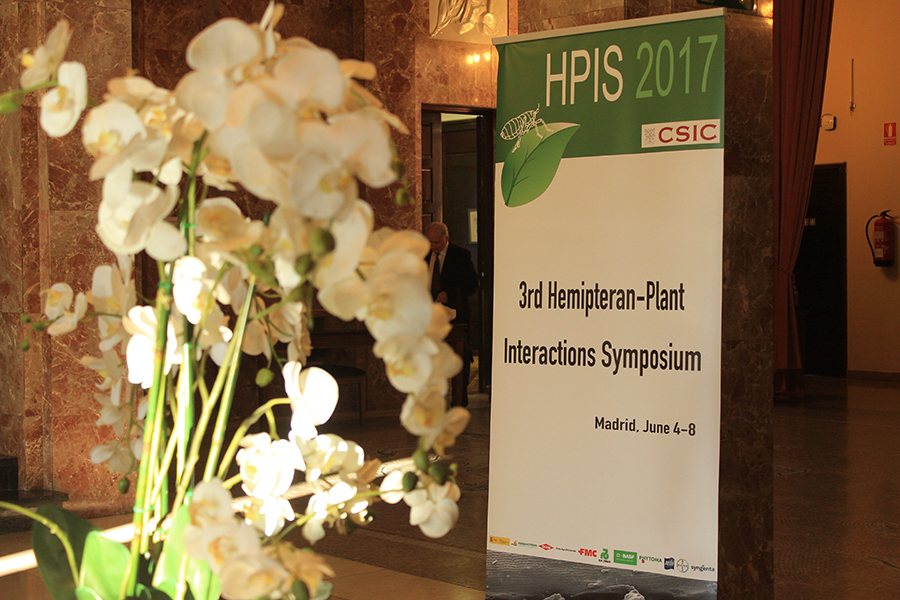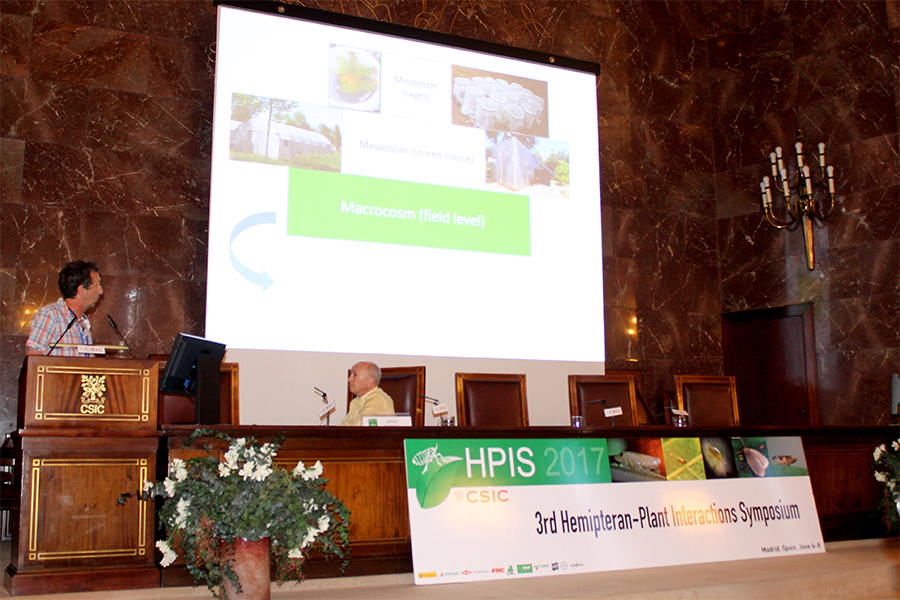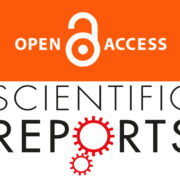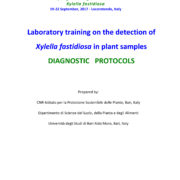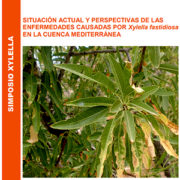POnTE research on hemipteran vectors presented at HPIS 2017 organised by CSIC in Madrid
The 3rd Hemipteran-Plant Interaction Symposium (HPIS 2017) was held in Madrid, Spain, at the CSIC main campus on June 4‒8, 2017. This interdisciplinary forum brought together 230 researchers from more than 30 different countries from all over the world who covered a broad range of topics about plant-hemipteran-pathogen interactions.
Hemipterans are probably the most damaging agricultural pests worldwide not only as direct pests but also most importantly as vectors of plant pathogens due to their unique feeding habits, great dispersal capacity, high population growth rate and ability to adapt to and explore new habitats. Consequently, hemipterans are well known as drivers of the emergence of new and existing plant-pathogenic viral and bacterial diseases. Hemipterans are also widely known because of their high ability to develop resistance to insecticides and overcome host plant resistance genes as well as of their lack of susceptibility to the most modern biotechnology-based approaches (eg. BT crops).
The meeting included presentations from several researchers that are part of the PONTE project. A session on xylem feeders included talks about the distribution, host plant preference and bioecology of vectors of Xylella fastidiosa. As for the session of phloem feeders and pest management, there were several talks about the psyllid vectors of Candidatus Liberibacter spp, including the vectors of Zebra chip and Huanglongbing disease.
The 2017 HPIS meeting was the 3rd of the series (1st in Piracicaba, Brazil in 2011; 2nd in Riverside, CA, USA in 2014) and will be continued by the 4th edition that will be held in Melbourne (Australia) in 2020.
